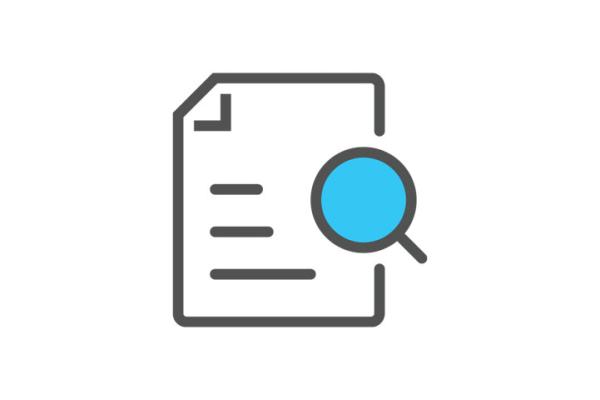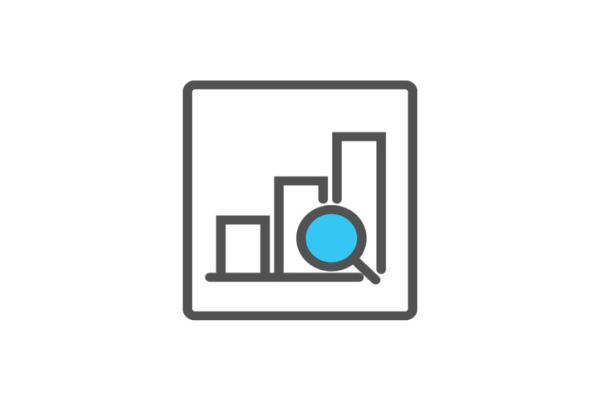EU Global Health Strategy
The well-being and lives of citizens, the prosperity and stability of societies and sustainable economies call for a global approach towards health. The EU Global Health Strategy, adopted in November 2022, represents a new way to address health challenges at the global level, in a changing world.
The EU Global Health Strategy replaces the 2010 EU global health policy and puts forward three priorities to deal with global health challenges:
- deliver better health and well-being of people across the life course
- strengthen health systems and advance universal health coverage
- prevent and combat health threats, including pandemics, applying a One Health approach
The EU will contribute to shaping a new global health order by:
- robust global governance in a complex geopolitical environment
- international partnerships on health
- Leveraging the Team Europe approach
- More effective funding by promoting innovative finance, pooling of resources internationally, and co-investment.
The strategy represents the external dimension of the European Health Union, which protects the well-being of Europeans and the resilience of their health systems. It is also a key component of Global Gateway, which builds partnerships of equals based on joint responsibly.
- Global Health Strategy
- Factsheet
- Call for evidence and public consultation on the EU’s role in global health
United Nations – health cooperation
The EU has established a strong relationship with the United Nations (UN) through its close cooperation with the UN Secretariat and the UN agencies, funds and programmes. Cooperation encompasses both global health and issues directly linked to health, including development, human rights, climate change, crisis management, and humanitarian assistance.
The EU supports the World Health Organisation (WHO), the leading authority on global health in the UN system.
Since 2020, the EU has been working with WHO countries and international partners on an instrument, which aims to improve prevention, preparedness, and response to future pandemics at a global level. Learning the lessons from the COVID-19 pandemic, the EU is firmly focussed on concrete actions that will help make everyone safer. This includes an ambitious Pandemic Agreement. The EU is an active and engaged partner in the Pandemic Agreement negotiations. The final decision to adopt the instrument will lie with the 194 member countries of WHO, ensuring that all countries can work together on critical global health issues.
The European Commission plays an active part in discussions on global health within the Group of 20 (G20), the international forum for the governments and central bank governors of the world’s 20 leading industrialised and emerging economies, and the Group of 7 (G7) representing the world’s 7 largest advanced economies.
Issues discussed include:
- Health security
- Growing resistance to antibiotics
- Making health systems stronger
Sustainable Development Goals
The 17 UN Sustainable Development Goals (SDGs), agreed in 2015, provide a global framework for action up to 2030.
While many of the goals are linked to health, one focuses on it specifically. Goal 3 aims to ‘ensure healthy lives and promote well-being for all at all ages.’ Its targets include for example:
- Infectious diseases such as HIV/AIDS, tuberculosis, hepatitis
- Non-communicable diseases and mental health
- Substance abuse
- Tobacco control
- Access to vaccines and medicines
- Health financing and health workforce issues
The European Commission and EU countries have a shared responsibility to help achieve the SDGs. The Commission’s response to the 2030 Agenda on the SDGs is set out in a Communication adopted in 2016, entitled Next steps for a sustainable European future accompanied by a Staff Working Document.
This response includes elements such as mainstreaming the SDGs into EU policies and initiatives, regular reporting on progress, collaboration with key stakeholders and developing a long term vision.
The EU’s Sustainable Development website provides detailed information on how the EU is helping to implement the 2030 Agenda and achieve the Sustainable Development Goals.
Global Health Policy Forum & the Commission
To support its global health policy, the Commission holds a Global Health Policy Forum that brings together representatives of international organisations, NGOs and industry. This should help strengthen the EU's voice in global health by ensuring that its internal and external health policies are consistent as regards attaining global health goals.
The Global Health Policy Forum was set up following the 2010 Commission Communication on Global Health and the subsequent Council conclusions. The leading Commission departments involved are the Directorate-General (DG) for Health and Food Safety, the DG for International Cooperation and Development, and the DG for Research and Innovation.
- Global Health Policy Forum 2023
- Global Health Policy Forum – Special session to launch the Global Health Strategy, November 2022
- Global Health Policy Forum 2022
- The EU in Global Health – summary
Global Health Security Initiative
As a member of the Global Health Security Initiative (GHSI), the European Commission works closely with the WHO and the "G7+" states (USA, Canada, UK, France, Germany, Italy, Japan and Mexico) in an effort to create an effective and well-organised global strategy for preparedness, and response to potential health threats.
The GHSI was set up in November 2001, under the leadership of former U.S. Department of Health and Human Services (HHS). Although only four EU countries are official members of the GHSI, the membership of the European Commission assures that outcomes of its discussions are communicated to all EU countries through its own Health Security Committee.
The GHSI Ministerial Forum convenes on an annual basis with the attendance of Ministers, Secretaries and the Commissioner for Health from "G7+" countries and the European Commission. The World Health Organisation is also involved as a technical advisor.
GHSI Achievements
- Strengthened smallpox preparedness and response
- Improving international communication and risk management
- Testing and enhancing laboratory capacity
- Advancing global pandemic influenza preparedness and response
- Preparation efforts against chemical and radiological threats






